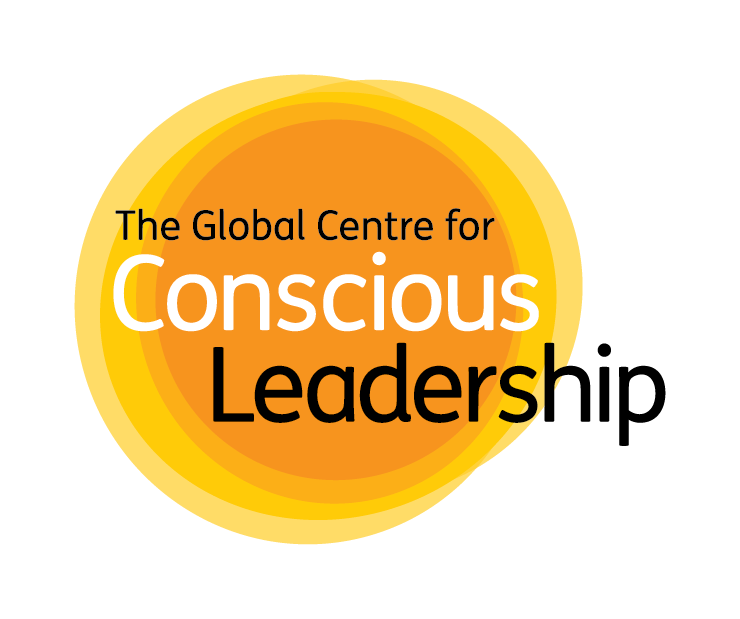One of the most brilliantly acerbic yet honestly observed posts I have recently read about our current state of affairs is ‘Capitalism vs. Capitulation’ from Bret Callentine of the Lakewood Observer.
Callentine gives his commentary on the endless merry-go-round of victimhood and rescue we’ve embarked upon in life – and especially in relation to how we run our finances and the things we expect to have. Being dissatisfied with our lot (because we believe we have an inborn right to something better), we the people whinge and whine about the unfairness of life and ‘the system’, demanding that something out there changes in order to give us the same opportunities that others have, so that we can enjoy the same benefits. Instead of looking to our own role as the creator of the state our lives, we expect something or someone out there to change and do it for us. And, so, in response to our mass demands, corporations make rash decisions, governments grant billions, politicians rush to pacify us, and rules are changed in our favour. And when the system becomes unbalanced and unsustainable, we complain again and the whole merry-go-round begins again. As Callentine puts it: “Every year I hear more and more complaining that the outcomes are unjust because the rules are unfair. So the rules get changed and the system becomes more complex, and red tape and bureaucracy ensnare a whole new class of victim. Blaming capitalism for a recession is like blaming gravity for a plane crash…like cursing electricity when your light bulb burns out.” I tend to agree. It’s what we do with capitalism that counts. Victimhood and responsibility lies at the heart of our problems. And victimhood, like drug dependency, pushes us further and further into expectation and apathy.
I’ve been thinking a lot about responsibility lately. At what point do we take responsibility for our lives? And how much: for everything, or only partly? When do we stop blaming the reality of our lot on others and get into action of creating what we want? And this doesn’t have to be violent action; it can be peaceful, responsible, measured and considered, with the quiet awareness in the background that we are the creators of our reality.
Is this a big statement? Some of you may think so. But consider for a moment that hero of life’s attitude, Viktor Frankl. Frankl, a psychiatrist caught up in the Nazi concentration camps during the second World War and, having lost everything, including all the members of his family, came to realise that the difference between the people who survived the concentration camps (those who escaped enforced death of course) and those who gave up despite being kept alive was: attitude. Frankl discovered a great truth: Between an event and our response, there is a space. In that space lies our power to choose our response. And in our response lies our growth and our freedom.
Now that’s freedom. No space for blame there, for complaint. Only the certainty – and the responsibility – that we get to choose in every moment what we want to do about the circumstances of our lives. And in that choice lies the reality of the lives we experience. It’s our relationship to events that counts, far more than the events themselves.
The question is, are we willing to take up this responsibility or do we choose to remain in complaint? Complaint is certainly easier; responsibility is harder. But complaint leaves us powerless, taking responsibility gives us power.
Although many of the criticisms leveled at the Occupy Wall Street movements seem to have been about a bunch of young directionless malingerers who don’t take responsibility and only complain, I think they have been taking responsibility. Even rising up and stating what we’re unhappy about gets us out of victimhood and into action. The differentiator is whether we rise up out of complaint that others should fix things for us, or whether we rise up with a solution or a willingness to be part of a solution.
And then there’s the capitalist moguls, the CEOs who have high-flying jobs and certainly are taking responsibility, but, in some way, are taking responsibility only for themselves. In granting themselves massive pay packets at the expense of the other stakeholders in their companies, they are guilty of acting for themselves but not for the whole. This seems to me like responsibility gone astray.
So, with responsibility I believe we need to look at it from a number of different levels:
On one dimension: What do I want to create in my life and am I taking responsibility for it? Am I in action of this or am I in complaint? And am I avoiding falling into the downward spiral of victimhood – expectation, complaint, frustration, anger, aggression and resignation – by getting into the action and saying what I want, taking responsibility for the outcomes and being part of the solution?
And on the other dimension: When I take responsibility am I doing it for myself or am I doing it for the greater good? Especially as a leader, am I acting from my self-serving ego and my own survival or am incorruptible in my commitment to the greater Whole, the survival and flourishing of the whole system of which I am part?
We are ultimately responsible – for everything. And we are ultimately responsible for everything – together.


Join the conversation